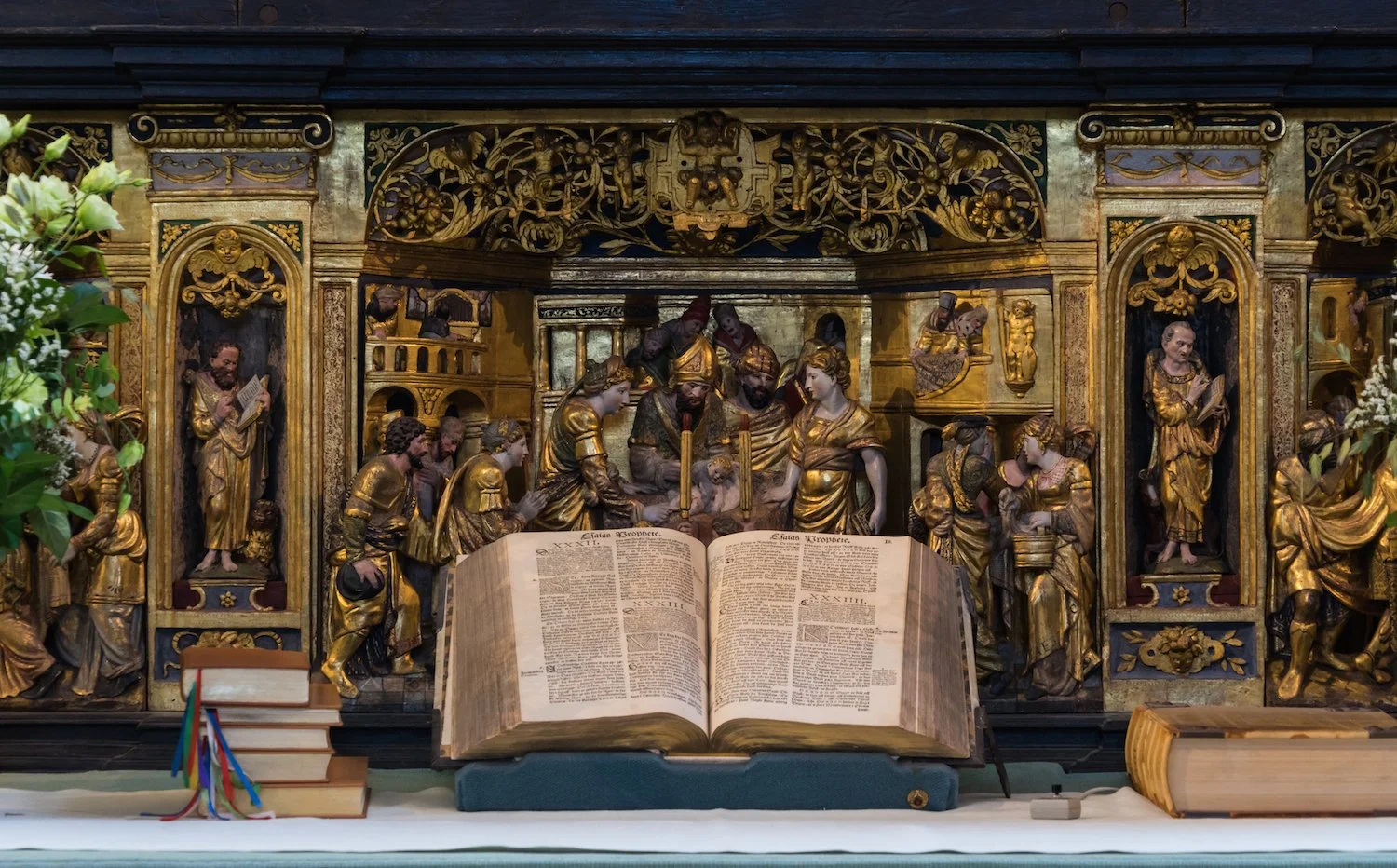The Bible as Public Document
“Initially, the Reformation was an attempt to put the Bible at the heart of the Church again – not to give it into the hands of private readers. The Bible was to be seen as a public document, the charter of the Church’s life; all believers should have access to it because all would need to know the common language of the Church and the standards by which the Church argued about theology and behaviour. The huge Bibles that were chained up in English churches in the sixteenth century were there as a sign of this. It was only as the rapid development of cheap printing advanced that the Bible as a single affordable volume came to be within everyone’s reach as something for individuals to possess and study in private. The leaders of the Reformation would have been surprised to be associated with any move to encourage anyone and everyone to form their own conclusions about the Bible. For them, it was once again a text to be struggled with in the context of prayer and shared reflection.”
– Rowan Williams, Tokens of Trust
